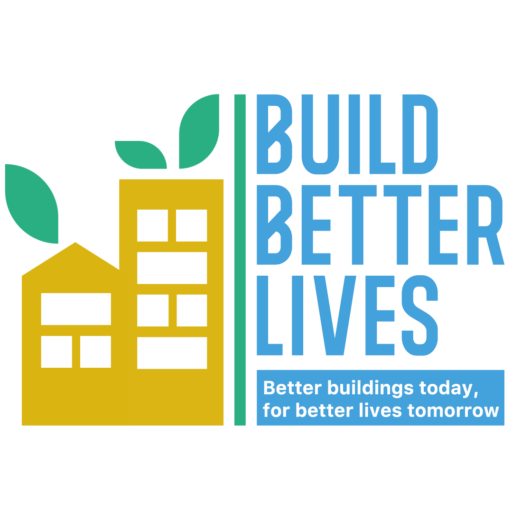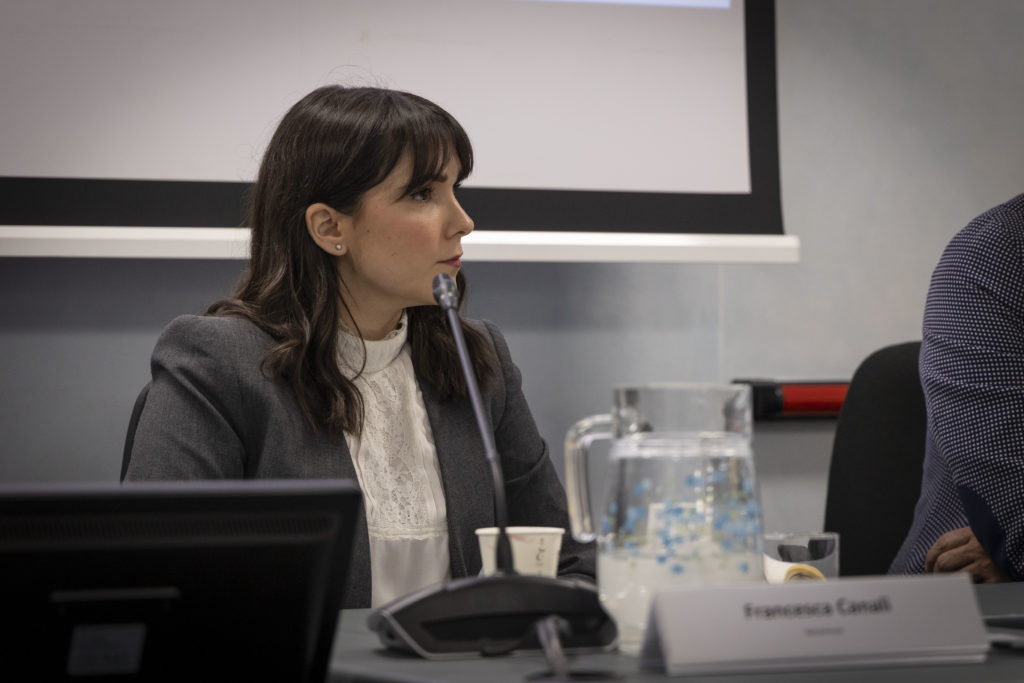
Written by Francesca Canali, Policy and Project Coordinator at MIRA network
2025 is a crucial year for the future of building decarbonisation in Europe. By the end of the year, EU Member States are required to present the first draft of their National Building Renovation Plan. In Italy, a major renovation is urgently needed: the Italian building stock is predominantly residential (89% of the buildings), outdated (over 50% were built before 1980), energy-intensive, and energy-inefficient, with three-fourths of residential buildings having an energy class of E, F, or G. In addition to this, Italy’s building stock is still largely dependent on fossil fuels.
The transposition of the Energy Performance of Buildings Directive and the drafting of the Renovation Plan thus represent key opportunities to decarbonise the building sector in Italy, in line with European objectives. However, in order to be truly effective and just, the policies implemented must reduce social and economic inequalities, while contributing to improve the energy efficiency of the buildings.
These were the topics at the centre of the event that MIRA Network, CAN Europe and the Buildings Performance Institute Europe (BPIE) organised in Rome on 5 March, titled “Build Better Lives: Ensuring decent, affordable, and energy-efficient homes for all”.
Main takeaways from the event
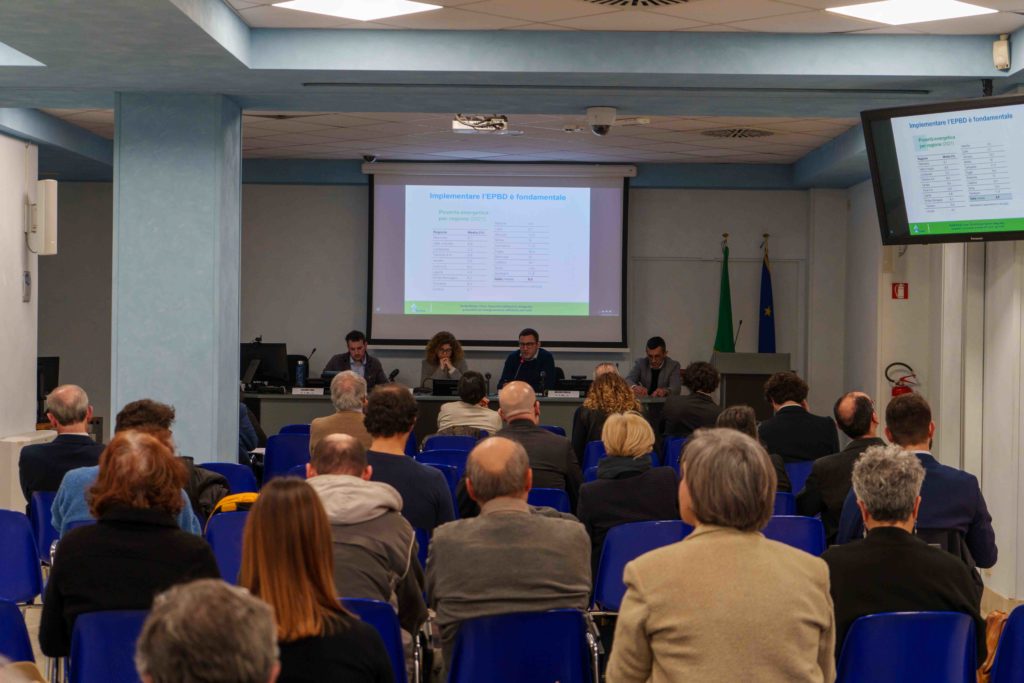
The event, promoted as part of the Build Better Lives campaign, advocated for a strategic and socially just implementation of the Buildings Directive. To discuss these topics, we invited a diverse group of speakers from various sectors, including European and Italian institutions (such as the Municipality of Rome), civil society organisations, social cooperatives, business representatives, trade unions, and health institutions.
We introduced the EPBD framework and reflected on the importance of an early transposition in reaching climate targets, and we explored the strategic implementation of the Directive in Italy. We highlighted the challenges and opportunities of building renovation within the context of the ecological transition, focusing on social justice and equity in accessing incentives.
Access to financial incentives was frequently addressed by speakers and participants during the event. This discussion, after all, builds on the experience of the Superbonus 110%, the tax deduction scheme launched in 2020 and financing from the Recovery and Resilience Facility with € 13.95 billion. This scheme boosted the construction sector and promoted building renovation, but it did not always reach the vulnerable beneficiaries living in the most energy-intensive building, and, as such, did not contribute to alleviating energy poverty. In Italy, around 2 million households were affected by energy poverty in 2023, representing approximately 9% of the population.
Energy poverty can be alleviated through more inclusive policies and targeted support measures that can address inequalities in access to funds and reduce the social gap. The tools provided by EU funds, such as the Italian recovery plan (which allocates over €21 billion to the energy efficiency of buildings) and the Social Climate Fund (which will support low-income families starting in 2026) can play a crucial role in this process. Nevertheless, the event highlighted the need for a more integrated approach promoting an inclusive and socially just energy transition.
Acting now for the future: good examples to replicate
Some successful experiences were highlighted during the event. While EPBD represents a key tool to combine climate urgency with social concerns, ensuring that the decarbonisation of buildings leaves no one behind, the transition cannot rely solely on laws and regulations: stable financing, technical assistance for consumers, and stronger cooperation between the different actors in the sectors are urgently needed.
Successful experiences, such as one-stop shops for energy renovation already implemented in other European cities like Bilbao (Spain) and Łódź (Poland), demonstrate how structured support can facilitate access to incentives and amplify benefits at the urban level. At the same time, promoting solutions like Renewable Energy Communities can integrate social justice into the green transition, ensuring that everyone can reap the benefits of energy renovation.
To complement the discussion with real-world examples, some participants visited an ongoing building renovation project in Rome. This project, led by the Municipality of Rome, aims to revitalise an occupied and outdated building, the former military base of Porto Fluviale. Financed by the Italian recovery plan with €13.2 million, the project is set for completion in Spring 2026. The renovated structure will feature refurbished spaces while preserving the existing social context and community.
The project was developed through a collaborative process between local Institutions, universities, and the social community of Porto Fluviale, following a co-design approach that carefully considers the needs of the area and its residents. By combining energy efficiency objectives with strong social commitments, the Porto Fluviale project shows how urban regeneration can enhance both sustainability and inclusivity.
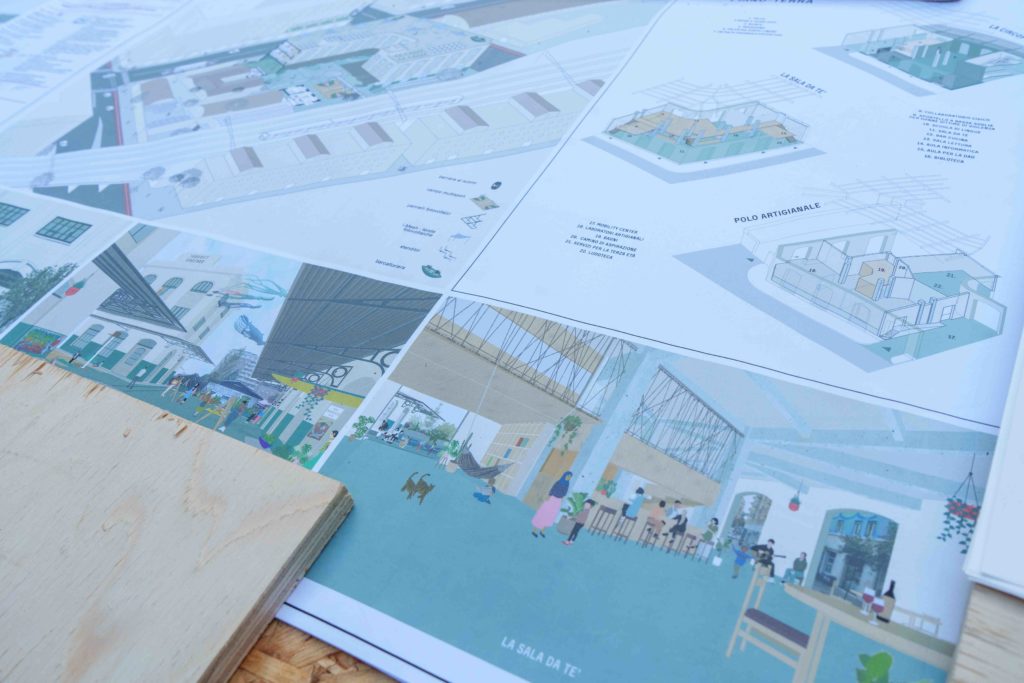
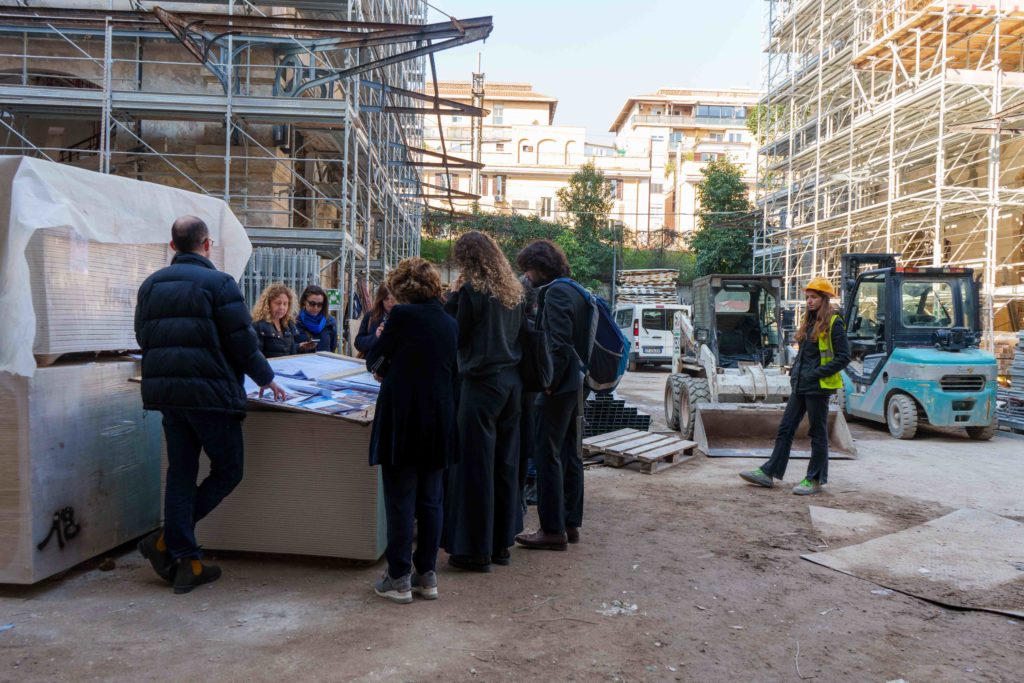
MIRA: monitoring EU spending for climate and promoting multilevel governance
MIRA Network is a project launched by ReCommon in early 2024 with the aim of monitoring the implementation of European funds in Italy, and assessing their effectiveness in driving a green and just transition, in line with the objectives of the European Green Deal. In recent years, EU funds have played a key role in supporting Italy in achieving the ecological transition (Italy is the largest recipient of the Recovery and Resilience Facility, and benefits from substantial allocations under the EU cohesion policy).
To ensure that EU funds are used in a way that truly reflects the local needs and guarantees a fair transition to climate neutrality, MIRA Network collaborates with local associations and grassroots groups across the country. We promote their public participation in the planning and management of EU funds while also advocating for transparency and accountability among decision-makers at the local, national and European level.
